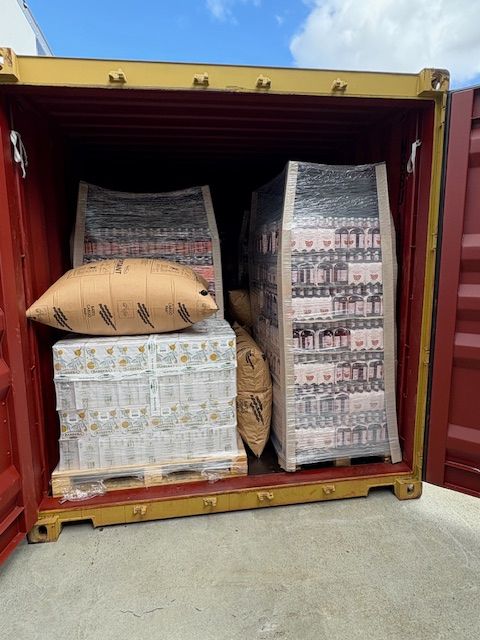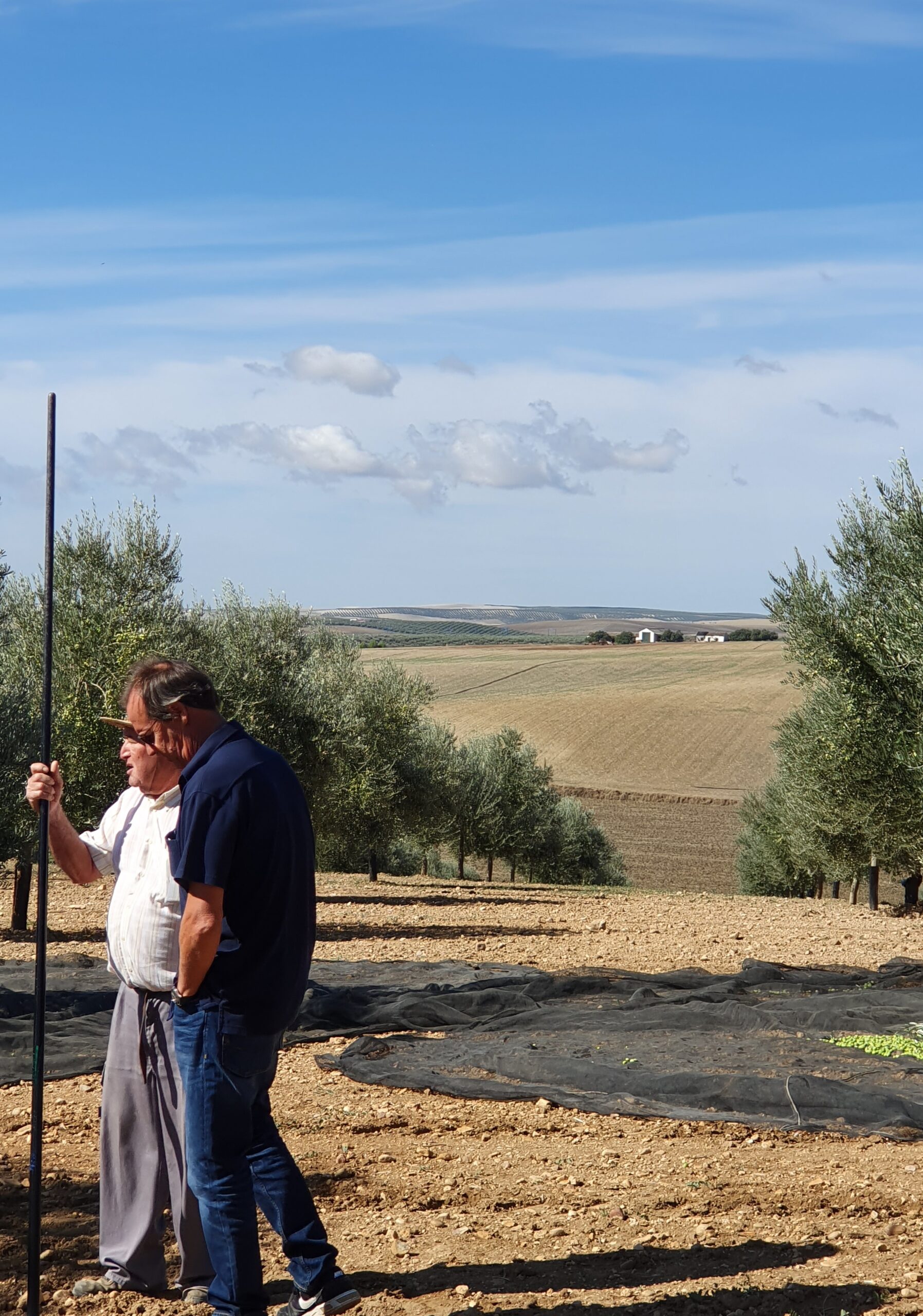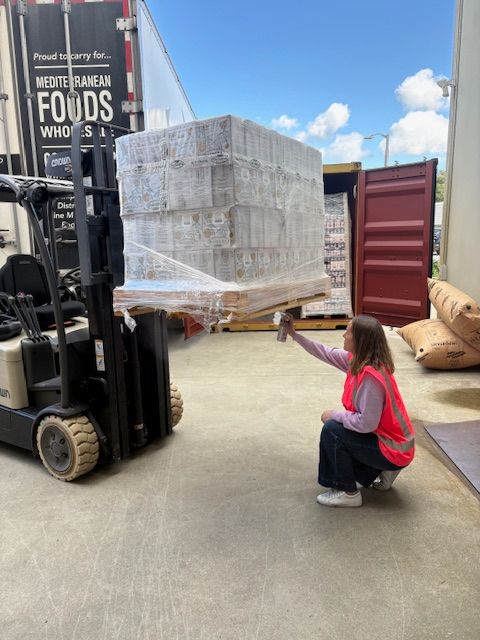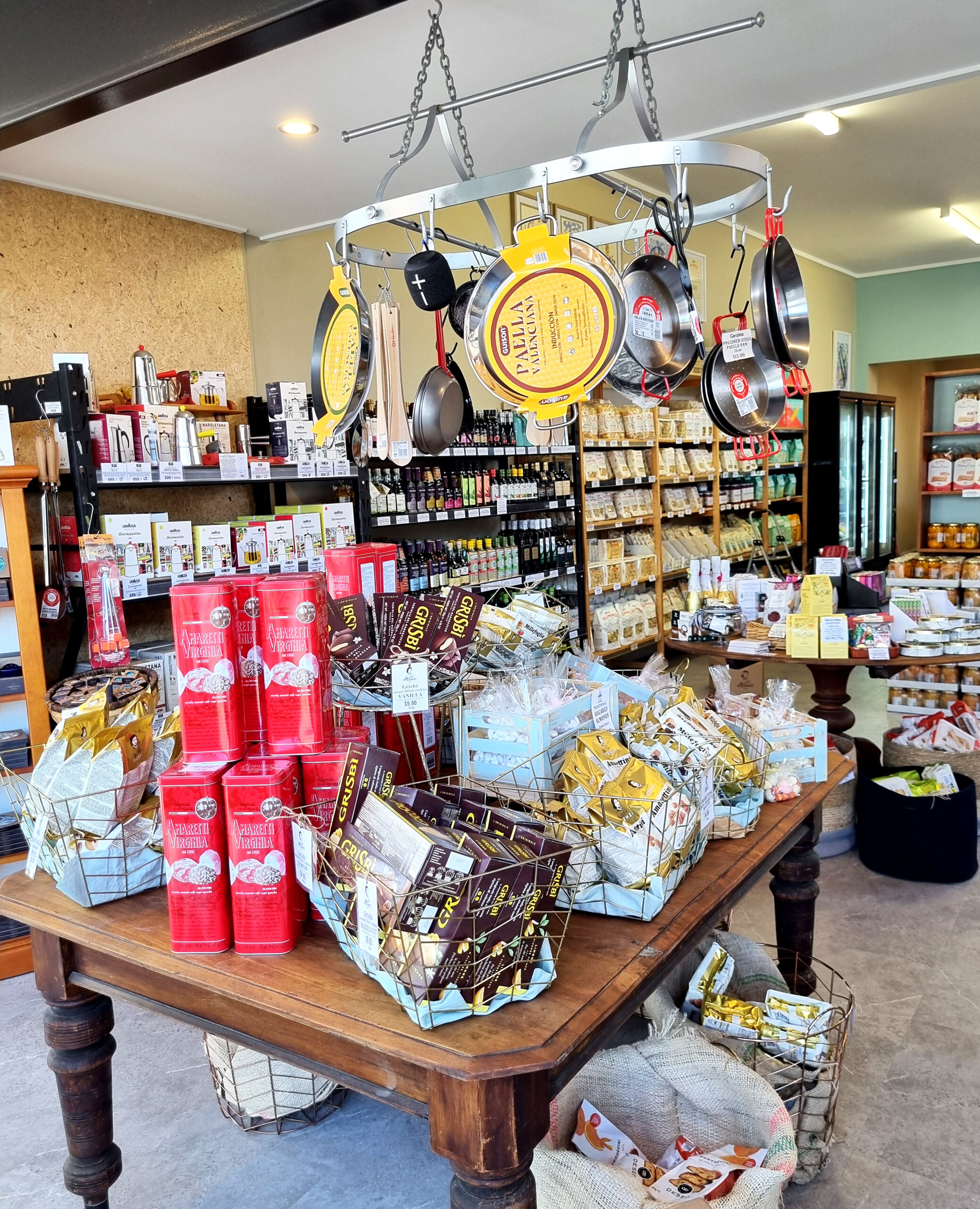No products in the cart.

What’s it like to bring Mediterranean food and wine into Aotearoa? Clue: Think camels passing through the eyes of needles … Here’s a special inside look at direct importing.
Let’s start with the upsides. We have the opportunity to develop long and deep relationships with Mediterranean suppliers who are absolutely passionate about quality, tradition, the land, and the people.
We get to select from their beautiful product ranges those items that we believe will elevate kitchens and dining tables here in Aotearoa, matching European culinary traditions with New Zealand’s own aesthetic. And we obviously LOVE our job as taste-testers!
Our suppliers also work very hard to help us get their products to our distant shores—and when you’re having to coordinate several different suppliers to get all their pallets to one port at one time to fill a container that will then travel halfway across the world, that cooperation is an absolute blessing.

The downsides?
First, cost uncertainty. As a weather-reliant business, agriculture has always been prone to good and bad times, but the climate change and geopolitical problems of the last few years really have European farmers pulling their hair out. We get daily emails about rising costs, droughts and floods, and crop disease. We try to read ahead and see what costs we can ride out and what we will need to pass on, but it’s an inexact science.
Second, time. As we said earlier, most of our products arrive on pallets packed carefully into large containers (20 to 40 feet and filled to the ceiling) on ships. Even post-pandemic, ships are often delayed or diverted in ports along the way, and even once a ship arrives in New Zealand, it can take weeks to dock in Lyttleton, and more time again to unload.
Third, biohazards. Once a container arrives in our specially certified yard, which is also a Transitional Facility (a facility approved by MPI to receive sea and air containers), we need to get MPI clearance. MPI will vet every product on the container and either clear it, request further information from the supplier, or require specialised testing.
Once we are good to go, an accredited staff with biosecurity training will open the container and stand by to check it thoroughly for any issues throughout the unloading process, including spraying the bottom of pallets as an extra precaution.

Sometimes an MPI officer will also audit the unloading, especially if the container left the Mediterranean in the cooler months when there is more risk of brown marmorated stink bugs making their way on board. Any sign of stink bugs or any other insect life brings the whole process to a standstill until the container has been fumigated and cleared to go ahead. In the worst cases, whole pallets may need to be taken away and destroyed.
It’s a long, hot, and sometimes rough journey across the Equator, so as you can imagine, opening the container doors is equal parts eager anticipation of product ordered months ago and dread for what condition it might be in. The passata container that arrived looking like a serious crime scene has moved into warehouse legend…
We only really breathe properly again once everything has been safely unpacked, bug-free and intact, and the container swings back on the truck for its journey back to port.
Then more time! All that product needs to be painstakingly inventoried, loaded into the system, and pushed through to the website. At this stage, we put hours into researching extra information about the product, the supplier and the terroir that we think will help you to add value to the product when it reaches your shelves.
We hope you get the same thrill that we do when we see customers picking up and admiring all that beautiful new product set out in our own Fresca Mediterranean shops.
And we hope that this inside look at direct importing shines a light on the long and sometimes arduous journey each product has made from the sunny Mediterranean to your door.

